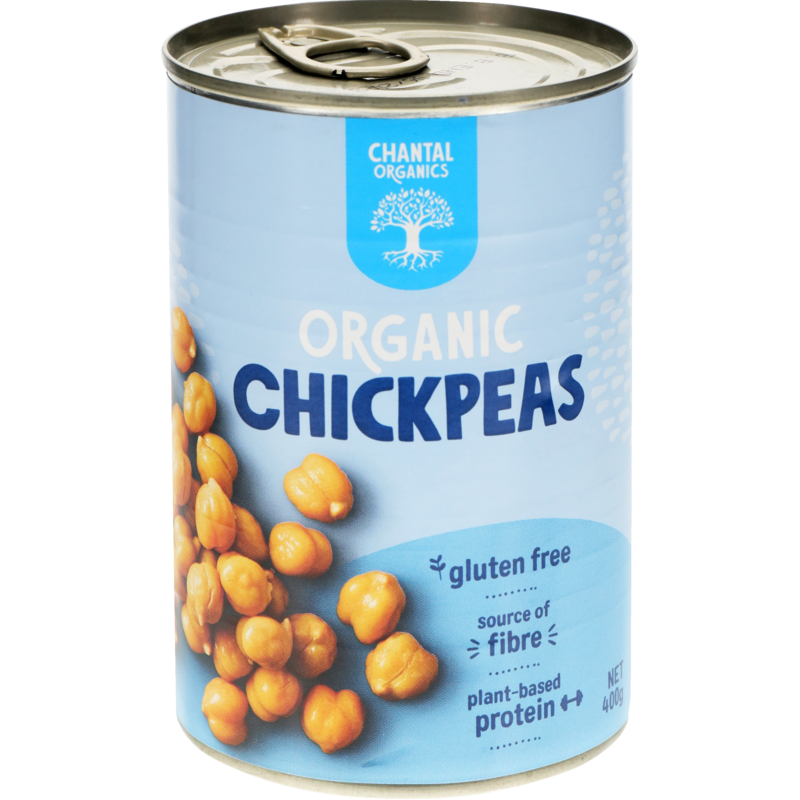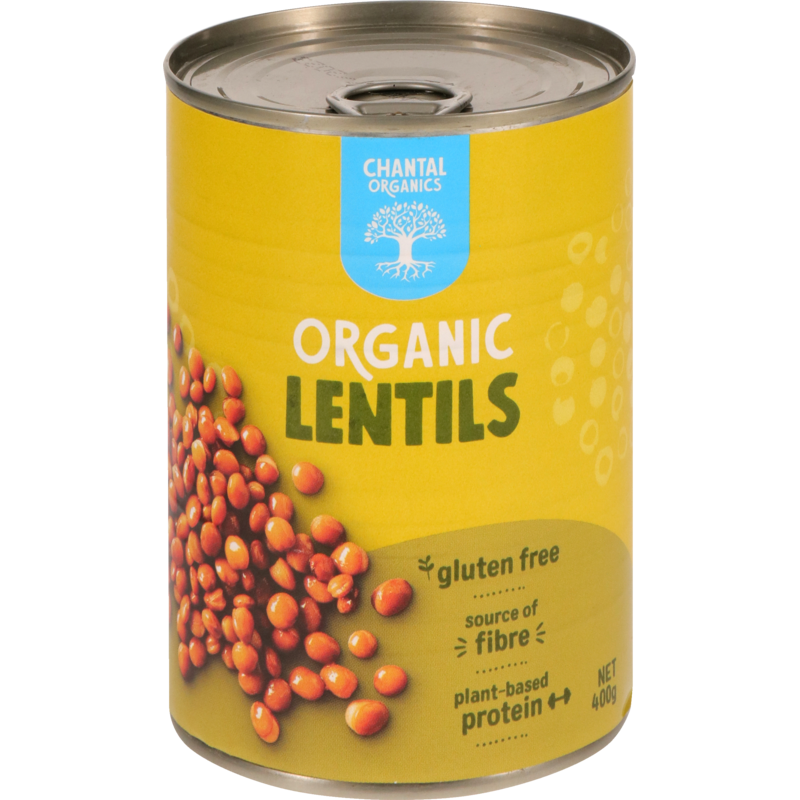
Beans are a versatile and delicious ingredient that are good for you and the planet.
Plant-based protein is unique, as it’s the only protein source that also contains fibre, additional vitamins, minerals & micronutrients. Beans are an easy and economical way to boost your intake of plant-based protein. Find out more about the health benefits of beans, their role in sustainability and how easy it is to include them in your diet regularly.
The Health Benefits of Beans
Beans offer a comprehensive source of nutrition, including protein, fibre, complex carbohydrates, vitamins and minerals such as folate, iron, magnesium, calcium, potassium, zinc. They are rich in polyphenols, a type of antioxidant that helps the body to remove free radicals. Beans are also low in calories, saturated fat and sodium.
Plant-based Protein
Many people are looking to eat more protein and beans are the perfect plant-based solution. They are a great source of amino acids, the building blocks of protein. Many plant sources, including beans, provide incomplete amino acid chains, but when combined with other types of plant proteins, can create complete proteins. These are called complementary proteins.
For example, beans can be paired with grains, seeds, or nuts to create a complete protein. Complementary proteins do not need to be eaten at the same time, but throughout the same day. In general, if you’re eating a varied, wholefoods diet, you will naturally consume adequate amounts of complete proteins.
It is possible for plants to be complete proteins, a few examples are: quinoa, tofu, tempeh, edamame, buckwheat, spirulina, hemp seeds, chia seeds and nutritional yeast.
Fibre
Beans are high in soluble fibre. Dietary fibre is an essential part of a healthy diet. Not only does it support digestive health, but it assists in strengthening the heart, helps prevent cardiovascular diseases and promotes regularity. Fibre can also create a feeling of fullness and satiety which can prevent overeating and therefore a healthy weight.
Gut Health
Research shows that beans, in particular black beans, can support gut health. Beans contain prebiotic fibre, which feeds the healthy bacteria in the gut. Find out more about prebiotics here.
Beans for a Healthy Planet
Research shows that a plant-based diet supports a healthy planet. Plant-based protein in particular uses less land and water and creates fewer greenhouse-gas emissions. A diet that focuses on fruits, vegetables and beans not only fights climate change but supports healthy people too. Choosing to swap beef for beans in some of your meals is something everyone can do to support the fight against climate change.
Growing legumes is also environmentally sustainable. When farmers plant legume crops, these plants put necessary nutrients back into the soil, such as atmospheric nitrogen. The nitrogen left in the soil plays a valuable role in crop rotations. Be sure to choose organic beans and legumes as many conventional crops are sprayed with pesticides that are harmful for your health and that of the environment.
Find out more about the Planetary Health Diet, the optimal diet for people and planet which represents a plate half full of fruits and vegetables.
Pantry Staples
For those looking to add beans to their diet, a good place to start is canned beans. They are precooked and can be used without any additional preparation. Simply rinse and use. Keep a few cans in the pantry for quick meals. For those looking to reduce their packaging use, buy dried beans from bulk bins instead.
Black beans, red kidney beans and cannellini beans are very versatile, so are a great place to start. Choosing organic beans is also a simple and cost-effective way to introduce more organic foods into your diet.
4 Ways to Use Beans
Organic beans are an affordable organic protein option that are easy to incorporate into your cooking habits. Here is a bit of inspiration to get you going.
- Bulk up your Main Meals
Beans can be used to expand meat-based meals with plant-based protein. They simply take on the flavours of the dish. As canned beans are already cooked, simply add them when you add the other vegetables.
For example, add a can of lentils to your next Bolognese, a can of cannellini beans to tuna salad, a can of kidney beans to Chilli, or a can of black beans to lasagne, enchiladas or beef burgers. We love this recipe for Jeanne’s Beans as it uses beef mince for a deep flavour and a variety of canned beans to feed a large crowd.
2. Bean-based Baked Goods
Baking with beans is gaining in popularity. They offer a great texture to, especially in brownies. Try this delicious Chocolate Chickpea Brownie. Beans also add additional nutrition, making them perfect for sneaking protein and fibre into kids’ lunchboxes.
3. Cooking with Beans
Beans can feature in the main dish or support the meal as a side. Create a complete protein with this plant powered Black Bean Broccoli Quinoa Salad. Or try this simple Vegan Burger featuring red kidney beans. Tofu is made from soybeans, for a protein-packed side, try this Crispy Quinoa Tofu.
4. Healthy Snacking
Beans make the perfect snack – filling, affordable and tasty. Try this simple Garlic & Lemon Hummus recipe, or for something a bit different make this Herby Avocado Hummus. Almost any bean can be used to make a healthy dip. This Easy Black Bean Dip is the perfect snack with organic corn chips.
If you prefer crunchy snacks, roasted chickpeas are a gluten and nut free snacking solution. Simply roast them with your favourite spices. For something unique, this Chickpea Trail Mix is a winner.
The benefits of organic beans are really stacking up. Whatever eating plan you prefer, there are benefits of adding beans to your diet. They are packed with plant-based protein and fibre, are affordable, versatile and delicious, and are great for the planet. How will you add beans to your menu?
PRODUCTS MENTIONED






